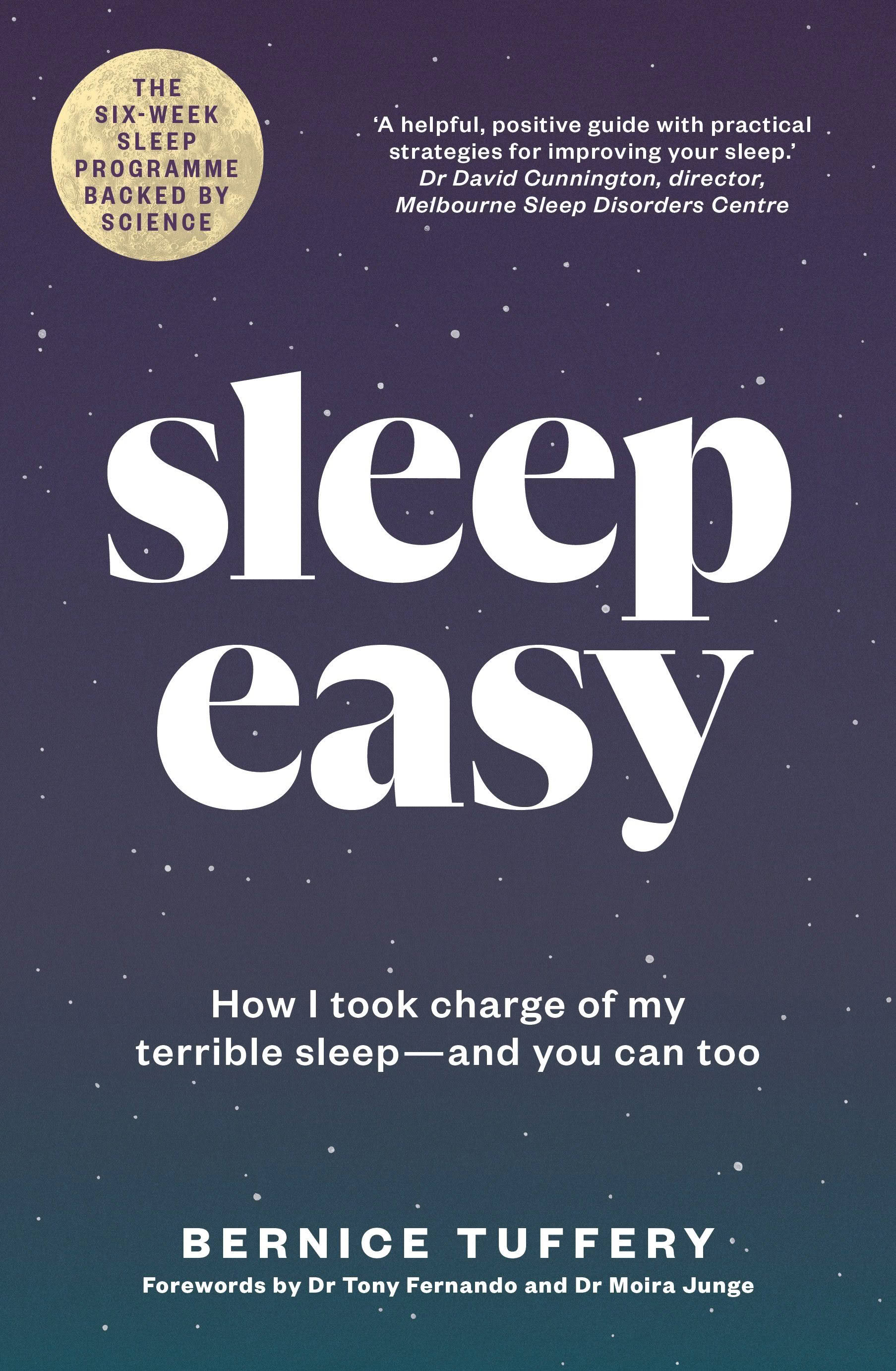Honouring Our Sleep
Almost a third of adult New Zealanders experience difficulties sleeping. But we are not alone with our wakeful nights. Throughout the world, the prevalence of sleep problems is high and growing – the World Sleep Society refers to sleeplessness as a global epidemic. But help is on hand.
Too many of us are achingly familiar with restless nights of tossing, turning and clockwatching. The experience and its aftermath are horrible. While we can shake off the odd sleepless night, things can start to unravel when sleep difficulties persist.
Sleep debt takes its toll on our mood, energy, and productivity. It impacts our memory, concentration, creativity, emotional reactivity, even our relationships. It affects our behaviour around food and exercise as well as eroding our immunity. Longer-term, it places an extra burden on our mental and physical health.
There is a growing awareness of the importance of sleep and plenty of conversation about what we should be doing to look after our sleep. Sleep hygiene initiatives, like cutting back on coffee and alcohol, avoiding blue-lit screens at night, making our rooms dark and quiet, seem like sensible ideas to try. We’ve been taught to aim for that elusive eight hours, and go to bed early or sleep in to catch up on our sleep. Some of us are grabbing afternoon naps to see us through. There are plenty of over-the-counter sleep aids to explore from the chemist or health store, and there’s sleep medication through the GPs. Plus, a growing number of sleep apps and sleep tracking technology is available.
People experiencing sleep difficulties tend to be very motivated to help themselves and try many ways to improve their sleep. But when they feel they have ‘tried everything’ and sleep continues to be erratic, elusive or unreliable, it’s easy to feel disillusioned, disempowered and frustratingly stuck.
The sleep treatment that isn’t getting much exposure yet is the one that is the most likely to resolve insomnia-related sleep problems. Cognitive Behavioural Therapy for Insomnia (CBT-I) is the gold standard approach, clinically-proven and endorsed by the Australasian Sleep Association, the Sleep Health Foundation, the European Sleep Research Society and the American Academy of Sleep Medicine.
While it is recognised internationally as the most effective therapy for insomnia, there’s low awareness of it amongst the general public and healthcare professionals. What’s more, there’s an international shortage of CBT-I practitioners. The four to eight-week approach doesn’t fit well into the public healthcare system, so access to this therapy has been limited and expensive.
As a researcher who successfully used self-taught CBT-I to overcome years of sleep difficulties, I am passionate about helping other people to improve and honour their sleep. My new book, Sleep Easy, offers this knowledge with humour and heart. Endorsed by sleep professionals in New Zealand and Australia, Sleep Easy will take you step-by-step through a six-week sleep improvement programme. It’s a practical and inspiring insider’s guide, and the book I wish was on the shelves when I went looking for it years ago.
Bernice Tuffery is a researcher who successfully used self-taught CBT-I to overcome years of sleep difficulties. After this life-changing experience, she extensively researched the topic and wrote a book called Sleep Easy: How I took charge of my terrible sleep—and you can too, a six-week sleep programme, backed by science. Sleep Easy by Bernice Tuffery (Allen & Unwin NZ) is out now.
For her adult sleep coaching services, visit www.sleephaven.co.nz



